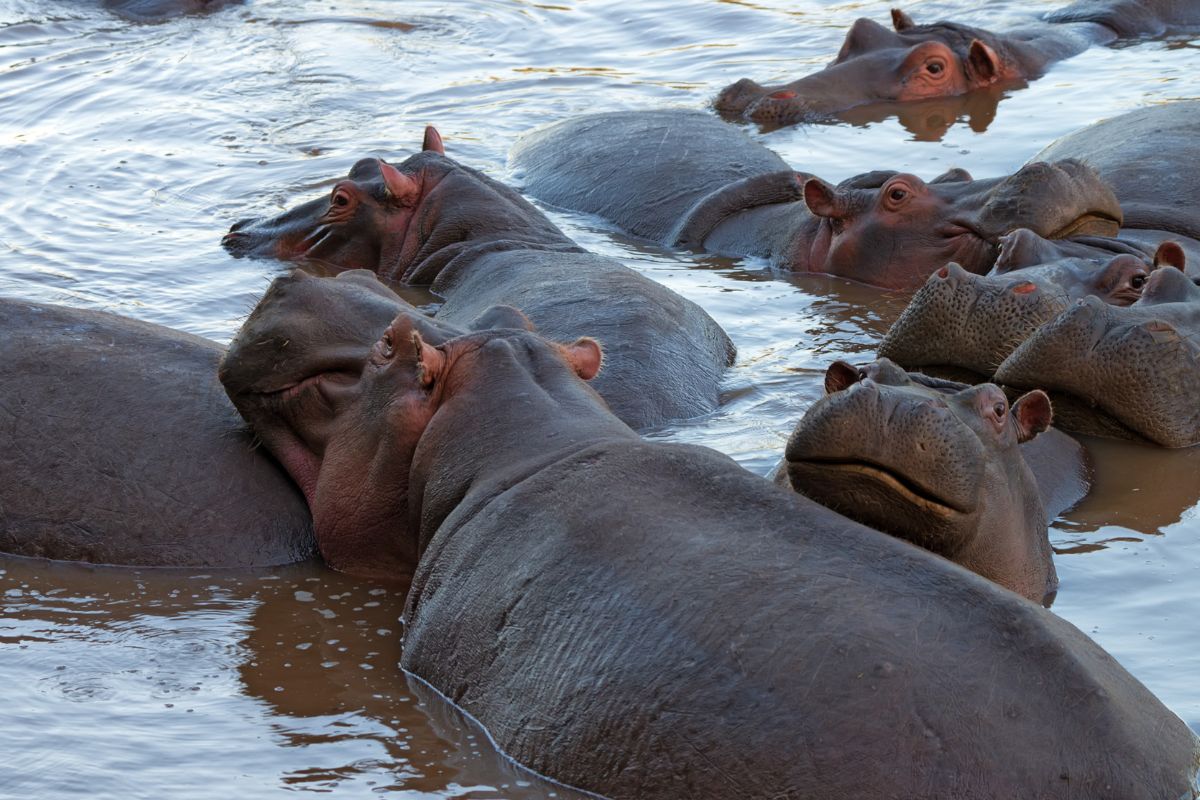Anthrax alert in Virunga Park in Congo: 50 hippos dead in a few days due to this microorganism that has reactivated and spread among wild animals

@Canva
A new anthrax epidemic seriously impacted Virunga National Park animals in the Democratic Republic of Congo. In a few days, as many as fifty hippopotamuses were found dead on Lake Edward and tributaries.
The disaster, as dire as it is, was partly expected: experts are well accustomed to the demeanor of this silent and lethal disease. The culprit is a familiar bacterium: Bacillus anthracis, anthrax-causing bacteria.
It is a highly resilient microorganism, capable of surviving in the soil as spores for decades. When environmental conditions become favorable—such as during the dry season—it can reappear and spread very rapidly among wild animals that drink contaminated water.
A crisis that tests conservation efforts
It is not the first time that anthrax has struck Sub-Saharan Africa. In already beleaguered Virunga, with poaching, habitat loss, and political instability, epizootics have fertile ground to flourish. Hippopotamuses, often crowded together in water, are among the most vulnerable animals. With an already stressed ecosystem, even a single outbreak can be disastrous.
But do human beings and domestic animals as well pose risks? The local authorities placed a warning notice: do not touch any carcasses and don’t eat their flesh. A chance of zoonosis—the transmission of animal infection to man—is certain.
Virunga National Park is not just a nature reserve: it is the oldest park in Africa and a World Heritage site. But it is also a nation of war-torn armed conflicts and illicit activities. The hippopotamuses whose numbers were once estimated at nearly 30,000 animals have been reduced to below 5%.
The same thing has happened in Zimbabwe and the rest of Southern Africa. Specialists are still watching the region, but the situation remains the same: there is not much to go around, and the task is colossal. Nature has sent a message again. The only question is: are we going to heed it?
